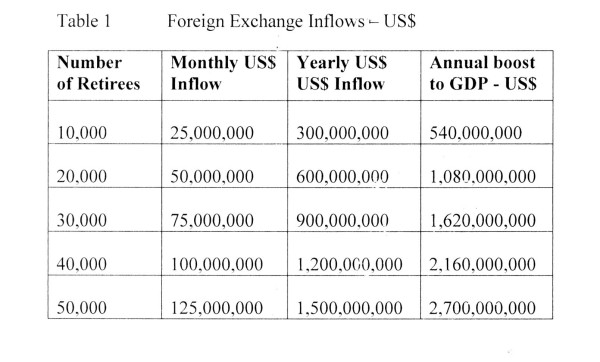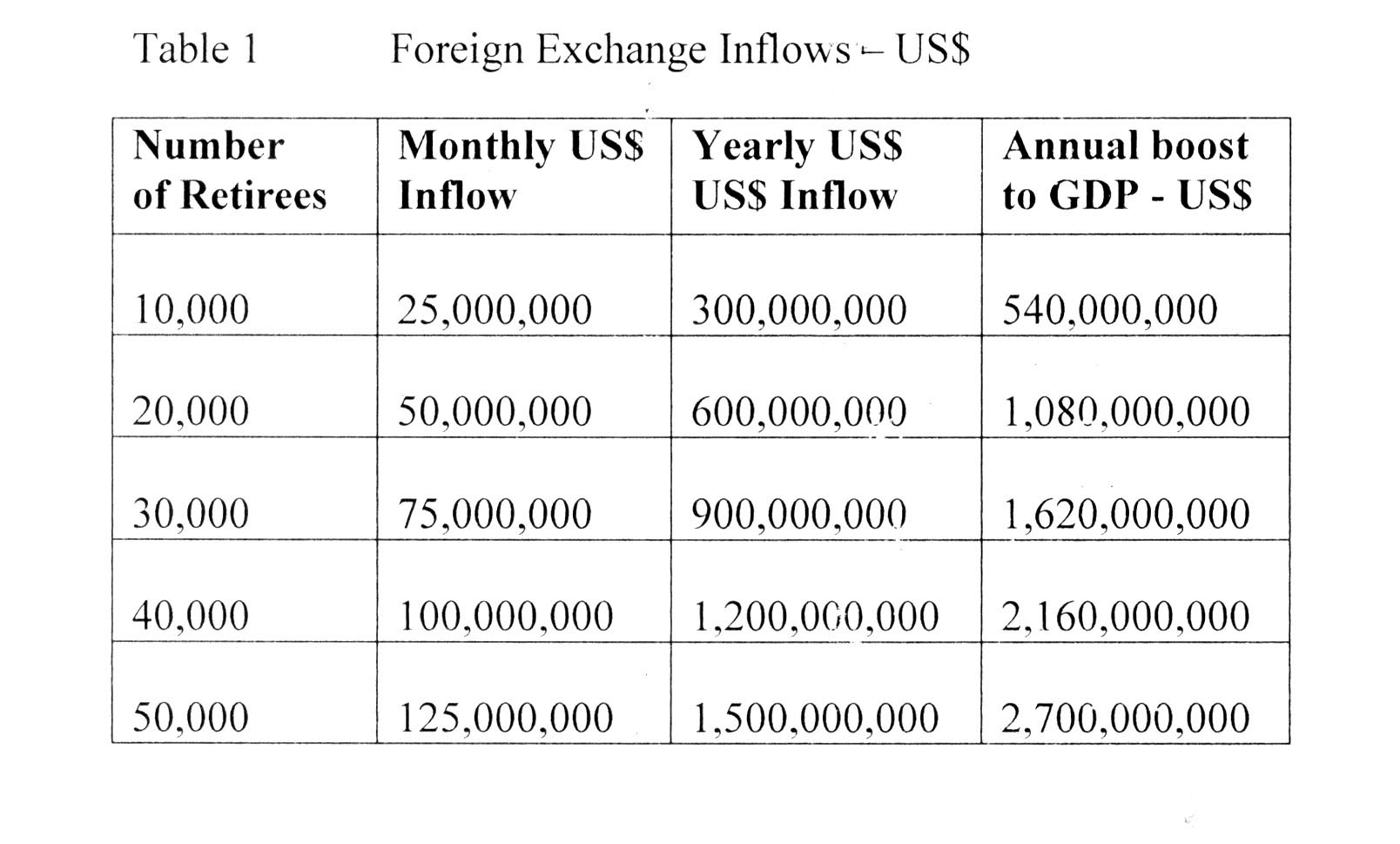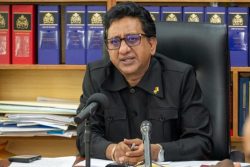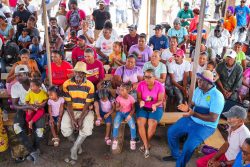The PPP once declared the forests are Guyana’s most important resource. That party then pivoted on crude oil, even while pursuing its amorphous Low Carbon Development Strategy. The APNU+AFC government is also keen to benefit from oil extraction. There is also a lot of effort placed on recovering smuggled gold, itself another manifestation of the natural resource curse. However, any serious development plan (and strategy to tackle the runaway crime rate) has to shift youth labour away from small and medium scale gold mining.
In 2011 the AFC stated in its Action Plan that Guyanese people (at home and overseas) with their embodied skills and education are the most important asset. These days the AFC appears neutered or merely lacks conviction. While in Brooklyn last year, President Granger called on Guyanese to return home to “invest in change…to open businesses…” Just a few remigrants will have the willingness to open a business in Guyana, but this does not mean they cannot make an enormous contribution and transfer skills and knowledge to the entire society.
 Before I discuss the shape of a possible diaspora framework, two issues have to be addressed. The first pertains to political economy: the remigrants must not interfere with the political patronage flows of local ethnic elites and ethnic masses. The proposal I present takes into consideration the idea that the primary reason why elites are in politics in Guyana is to control the system of government patronage. Given the intra-group ethnic networks and pro-ethnic voting, patronage tends to flow towards the ethnic masses of the government of the day (think state jobs and contracts) and some are used to pacify ethnic elites of the other group. This is why you have several members of the new APNU+AFC government (and advisors or family members) with substantial natural resource and other economic claims. Since Independence in 1966, Guyana’s political economy has been organized by two patronage systems: Party Paramountcy of PNC and Elected Oligarchy of PPP. Both have been detrimental to economic development. In time the patronage formation of the Granger administration will be defined.
Before I discuss the shape of a possible diaspora framework, two issues have to be addressed. The first pertains to political economy: the remigrants must not interfere with the political patronage flows of local ethnic elites and ethnic masses. The proposal I present takes into consideration the idea that the primary reason why elites are in politics in Guyana is to control the system of government patronage. Given the intra-group ethnic networks and pro-ethnic voting, patronage tends to flow towards the ethnic masses of the government of the day (think state jobs and contracts) and some are used to pacify ethnic elites of the other group. This is why you have several members of the new APNU+AFC government (and advisors or family members) with substantial natural resource and other economic claims. Since Independence in 1966, Guyana’s political economy has been organized by two patronage systems: Party Paramountcy of PNC and Elected Oligarchy of PPP. Both have been detrimental to economic development. In time the patronage formation of the Granger administration will be defined.
Patronage also explains why mid-level professionals like Mr Winston Brassington are being harassed by the APNU+AFC government and not the Oligarch-in-Chief himself and those with previous ministerial responsibilities who have accumulated observed wealth inconsistent with annual salary. SARU is just a charade to pacify an ethnic mass easily swayed by simplistic propaganda and flawed calculations. In any case, the marginal cost of operating SARU will be greater than the marginal benefit.
 Secondly, Guyanese at home should think deeply about the economic value of the diaspora and its capacity to greatly improve their economic fortunes. In tourism-based economies the general population understands the importance of tourists. They do not pester or rob tourists. In Guyana even the famous newspaper columnist, Mr Freddie Kissoon, once labelled the diaspora as traitors. This amounts to throwing away a resource with greater economic value than the forests, gold or crude oil.
Secondly, Guyanese at home should think deeply about the economic value of the diaspora and its capacity to greatly improve their economic fortunes. In tourism-based economies the general population understands the importance of tourists. They do not pester or rob tourists. In Guyana even the famous newspaper columnist, Mr Freddie Kissoon, once labelled the diaspora as traitors. This amounts to throwing away a resource with greater economic value than the forests, gold or crude oil.
I argue that the APNU+AFC government and PPP should work towards encouraging about 50,000 Guyanese retirees from North America to resettle in Guyana. Top private medical facilities should be allowed to develop quickly. Private-public effort must create houses at prices more competitive than Florida and Panama. Belize has long focused on attracting non-Belizean retirees with a fair degree of success. But Guyana should start with its large diaspora in North America. If we strip away the crimes of passion, Guyana is statistically just as safe as Belize. Yes, security and hospitality have to be greatly improved, and so too infrastructure and the attitude of the locals. Guarantees can be put in place to hold their monthly retirement funds in US$ accounts in Guyanese banks. But as spending occurs, the funds would be exchanged for Guyana dollars.
My cursory observation has been that Guyanese in North America would rather retire in Guyana than Florida if the former can pull itself together. Tourism will also result if 10,000 to 50,000 retirees go back to Guyana as friends and family will visit. In general, the small sample of Guyanese I have surveyed would prefer catching patwa and hourie than playing golf. Housing developments should cater for ample boating and fishing.
Let us say the average North American retiree has US$2, 500 in pension payment from Social Security and other private sources (I think it could be higher). Table 1 shows several scenarios of foreign exchange inflows for 10, 000 to 50, 000 remigrants from North America. If just 10, 000 people can be encouraged to retire in Guyana the monthly and annual inflows would be US$25 mill and US$300 mill, respectively. If the target of 50, 000 retirees can be achieved the monthly inflow will be around US$125 mill, and the annual inflow of a whopping US$ 1.5 bill.
This kind of economic focus does not result in a resource curse and it helps to transform the economy towards a service-based one. The country will be enjoying the resettlement of professionals and people with wisdom. Many could be former nurses and school teachers who might be willing to volunteer or even work for a part-time income. Some could be former engineers, medical practitioners, technicians and other professionals. A smart government would maintain a database of the remigrants and try to match their skills to specific needs. Indeed, retirees will not live forever, but there is a large enough critical mass to sustain about 20, 000 to 30, 000 for another 30 years.
Retirees will tend to have a higher propensity to consume, meaning they are likely to spend a high percentage of their monthly retirement benefit. The implication here is the multiplier effect on Guyanese service-based and agriculture-based components of GDP will be enormous. My back of the envelope calculation of the multiplier given assumed consumption rate and import propensity rate is around 1.8. This means that if 10, 000 retirees move back to Guyana the annual boost to GDP will be US$540 mill. And if the target of 50, 000 can be achieved the annual boost to GDP will be US$2.7 bill. See Table 1 for GDP increase if 20, 000 to 40, 000 people move back. That’s a lot of work that can be created. These numbers do not include the multiplier effect of housing construction as a percentage of retirees will demand new homes.
There will be need for quality restaurants and chefs, medical providers, landscapers, taxi drivers, retailers, entertainers, mechanics, carpenters, electricians, accountants, financial advisers, morticians and other service professionals. These are much better options compared with working in the interior on a small or medium sized gold mine. If my numbers are right, the foreign exchange inflows and multiplier effect would be greater than crude oil extraction. This type of production structure could result in lower crime and suicide rates. There should also be an increase in demand for domestic air travel and tourism. If we can succeed with the diaspora we can possibly think about non-Guyanese groups.
Comments: tkhemraj@ncf.edu








